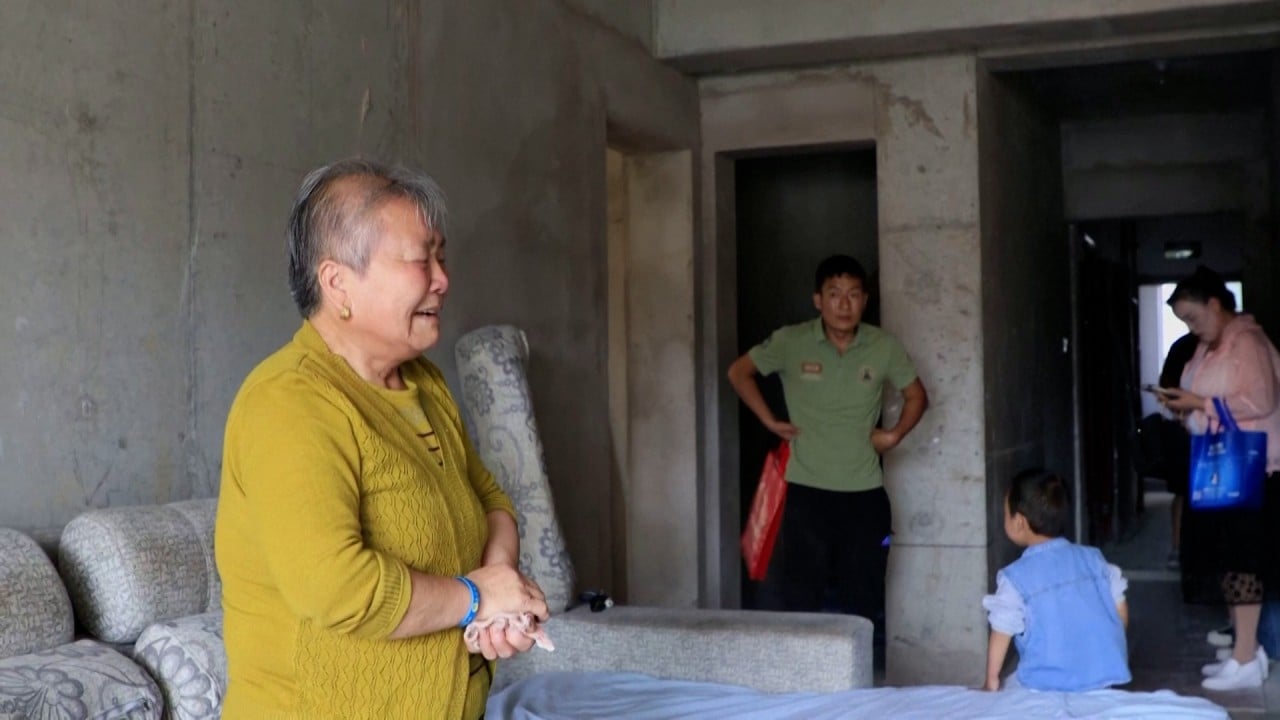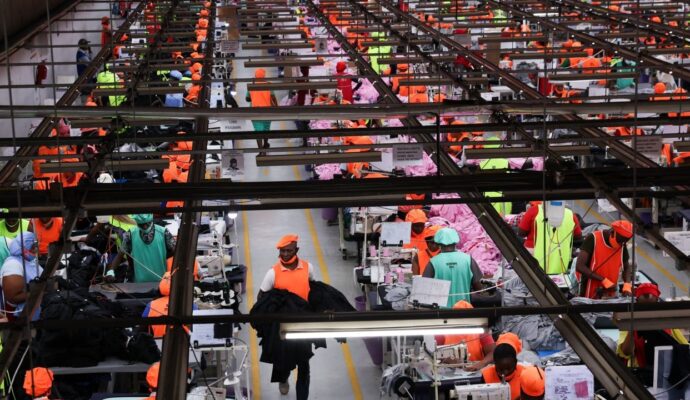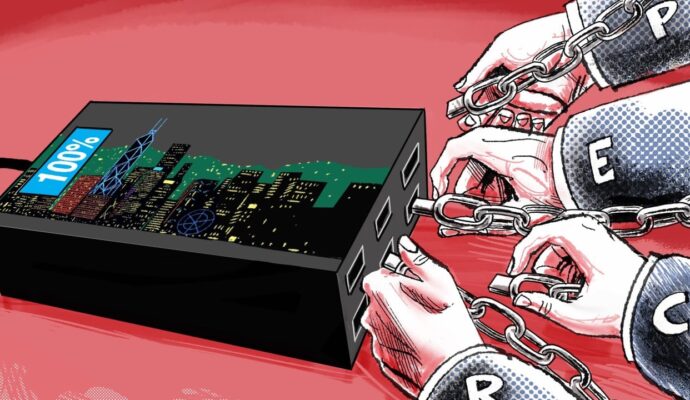China’s property crisis is expected to continue to slow its growth. The World Bank said on Sunday it had cut its 2024 gross domestic product (GDP) growth estimates for the world’s second-largest economy to 4.4 per cent, down from its previous 4.8 per cent. The bank cited elevated debt and weakness in the property sector as key drivers for this change, as well as longer-term structural factors.
How has the property downturn affected the economy?
China’s GDP growth has been largely driven by investment in infrastructure and property, although years of rapid growth has left these sectors saddled with mountains of debt.
China’s aggregate domestic non-financial debt-to-GDP ratio has more than doubled according to the World Bank, from 132 per cent in 2007 to 285 per cent in 2023.
Chinese developer CIFI’s share price halves after trading suspension lifted
Chinese developer CIFI’s share price halves after trading suspension lifted
Besides contributing to around a third of China’s GDP, property accounts for 65 per cent of total household assets.
Housing prices in less developed cities have fallen more than 20 per cent since 2021, affecting already weak consumer and business confidence.
Will the property crisis have systemic effects?
Chinese lending to property developers is relatively small – just over 5 per cent of onshore banks’ total loan book, according to Oxford Economics. However, smaller regional banks’ non-performing loans ratios could worsen due to a higher level of exposure to the real estate sector as well as local government financing vehicles (LGFVs).
LGFVs are hybrid entities that are both public and corporate and were created to skirt restrictions on local government borrowing. They have proliferated since the global financial crisis in 2008.
Local governments used their LGFVs to boost transactions in the land market last year to make up for a fall in purchases by property developers. This prompted the Ministry of Finance to issue a statement instructing regional authorities to stop the practice, but the effort was not altogether effective. LGFVs still accounted for half of land purchases in 2022, compared to 33 per cent in 2021 and 17 per cent in 2020, according to Rhodium Group.
Have policymakers signalled a U-turn?
President Xi Jinping’s “housing is for living in, not for speculation” comment has been the guiding principle for containing the overheating property market since 2016 and has been repeatedly referenced in statements from various meetings of the Politburo, the top decision-making body of the Communist Party.
Cuts to outstanding mortgages might not be enough to boost China’s housing market
Cuts to outstanding mortgages might not be enough to boost China’s housing market
Since August, policymakers have introduced a series of easing measures. Although none was decisive enough to turn the market around, there are small signs of stabilisation in home sales for some large cities.
UBS’s chief China economist Wang Tao said the easing measures so far reflect “a lack of consensus and coordination within the government on the right scale of support to the property sector”.
Will the property sector remain integral?
Weakening property and land markets have widened domestic fiscal deficits, which may limit China’s future investment and GDP growth.
The long-term prospects of the sector may also be hampered by a decline in population, slowing urbanisation, already high rates of home ownership and shadow inventory – properties that are not occupied but have not yet been put on the market.
The current downturn is only temporary
Li Daokui, professor of economics at Tsinghua University and a former adviser to the Chinese central bank, said he believes the “golden period” of the real estate market is over, but it will still be an “important pillar of the national economy in the future”.
“After all, only 65 per cent of China’s population lives in cities, and at least 20 per cent of them do not own their own houses. The real estate market is still important,” Li said in an interview with Baidu News last month.
Yao Yang, dean of the National School of Development at Peking University, said real estate will always be a “sunrise industry”.
“The current downturn is only temporary and is the result of using short-term policies to address long-term goals,” Yao said in an interview with Baidu News in August. “If policy adjustments are made in a timely manner, expectations and confidence will be restored.”



